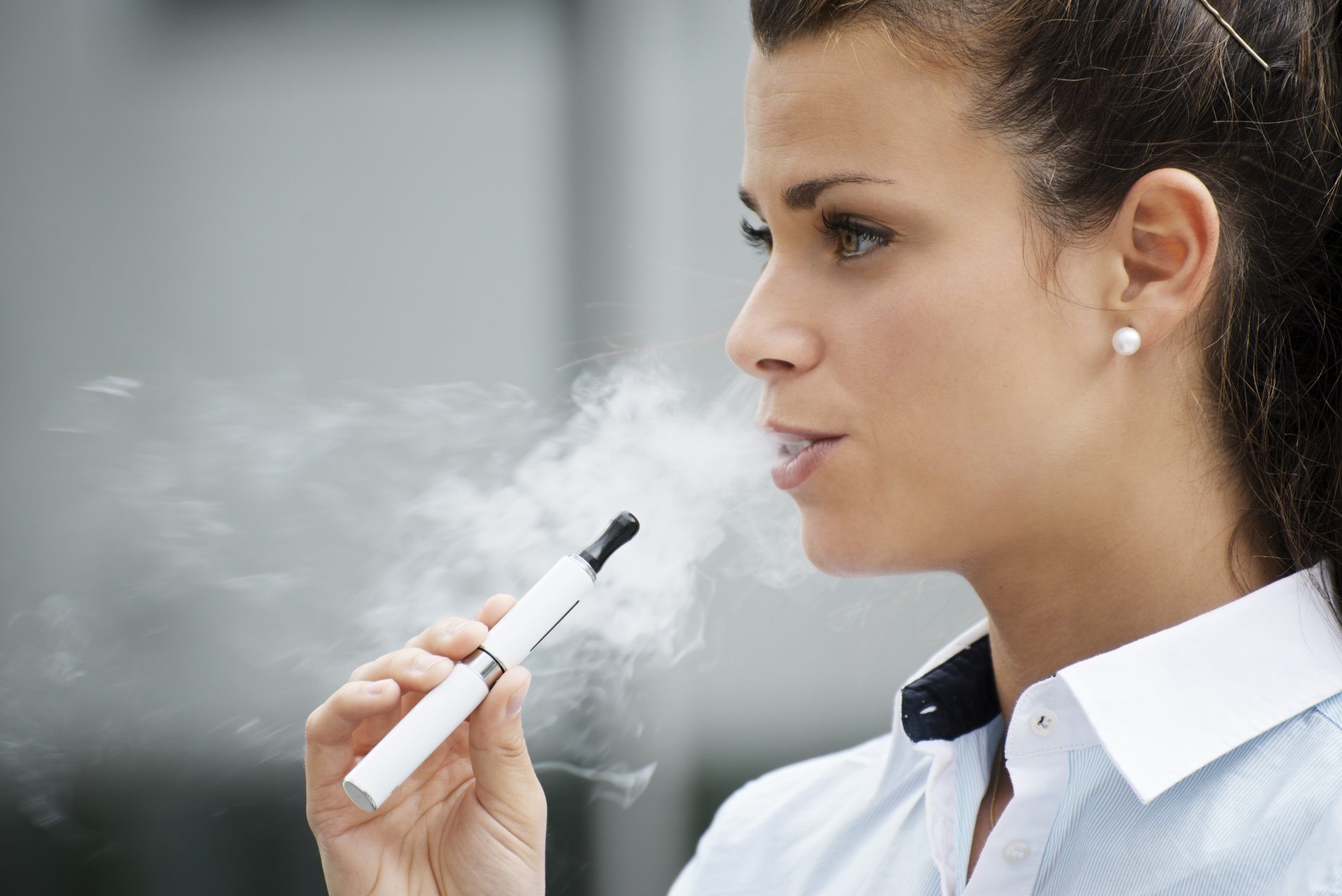The UK government is pressing for EU law to create a Europe-wide legal position on nicotine-containing products (NCPs) through the revision of the Tobacco Products Directive. The European Commission has said it expects the new legislation to be adopted in 2014 and to come into effect in the UK from 2016.
In the UK the Medicines and Healthcare Products Regulatory Agency (MHRA) will regulate all NCPs, such as electronic cigarettes, as medicines so that people using these products have the confidence that they are safe, are of the right quality and work.
 Unlike tobacco products, e-cigarettes - devices that vaporise a nicotine solution to replicate smoking without the use of tobacco - are not covered by the Health Act 2006, which prohibits conventional smoking from the workplace. This means it’s currently up to employers to decide on an appropriate policy for their use in the workplace.
Unlike tobacco products, e-cigarettes - devices that vaporise a nicotine solution to replicate smoking without the use of tobacco - are not covered by the Health Act 2006, which prohibits conventional smoking from the workplace. This means it’s currently up to employers to decide on an appropriate policy for their use in the workplace.
It’s wise for employers to do their bit to promote health and wellbeing in the workplace as healthy and well-motivated employees are less prone to stress and absence and more likely to contribute positively to an organisation, but should this include allowing the use of e-cigarettes?
Employers may want to consider whether such devices are likely to upset other workers - particularly if they are pregnant or trying to give up smoking themselves - or whether it's in keeping with the professional image of an organisation, especially if clients or members of the public are likely to come into the office.
Since the smoking ban came in, it's broadly recognised that smoking is now associated with break times rather than work time. Employers may be reluctant to allow e-cigarettes into a working environment and prefer them to be treated in exactly the same way as conventional cigarettes. There's also a risk that e-cigarettes might undermine efforts to reduce smoking by normalising cigarette use at work.